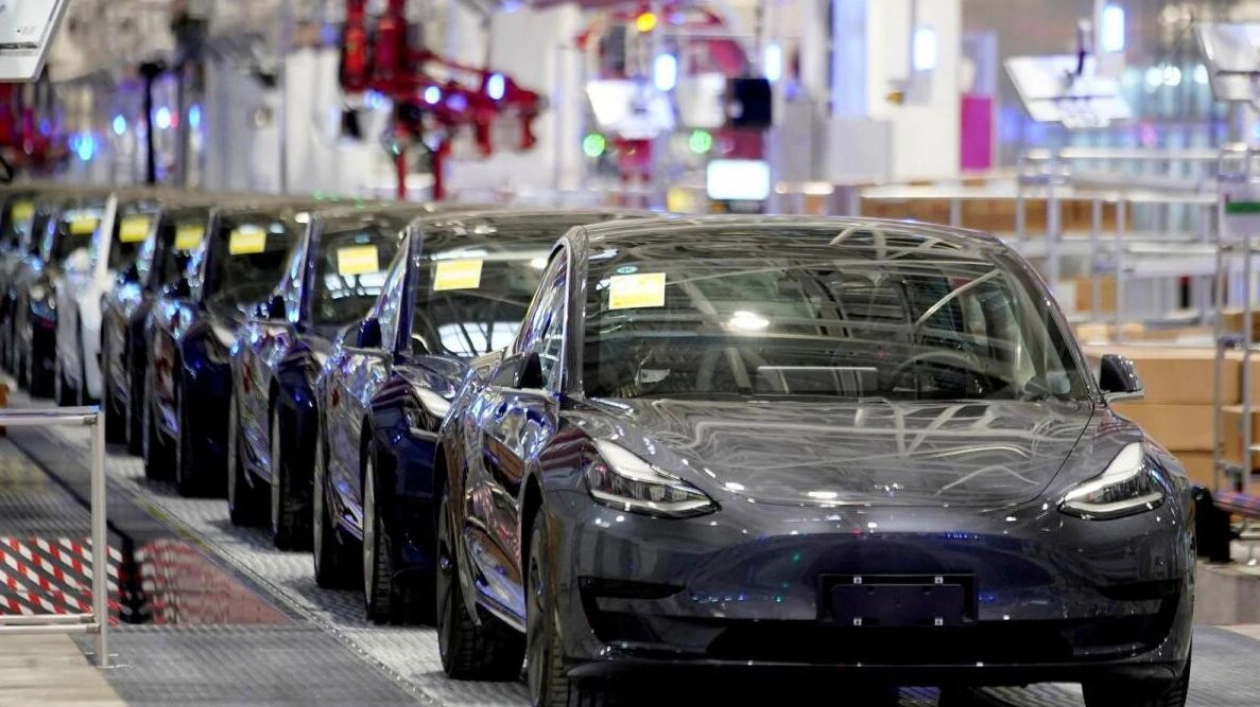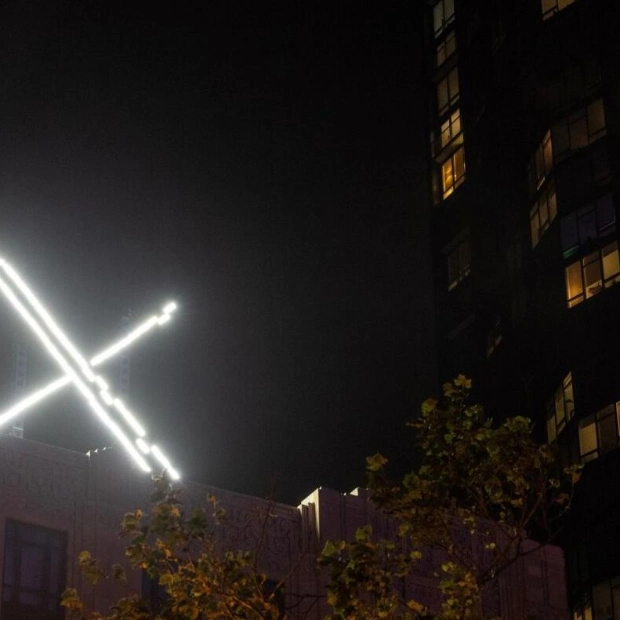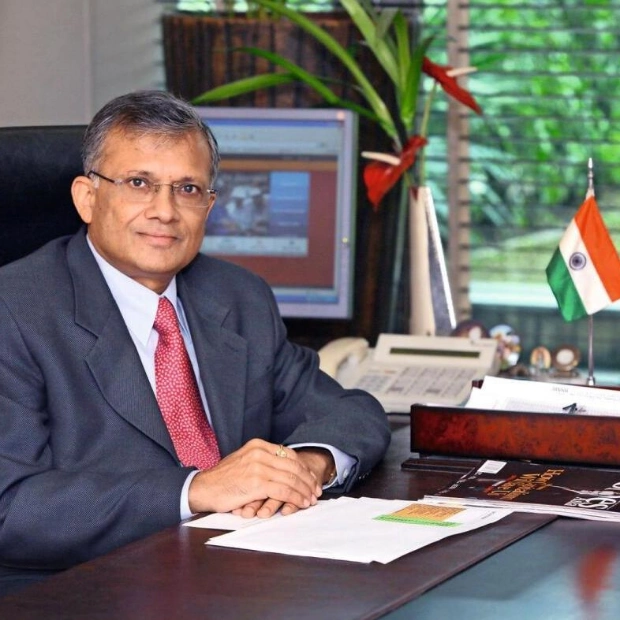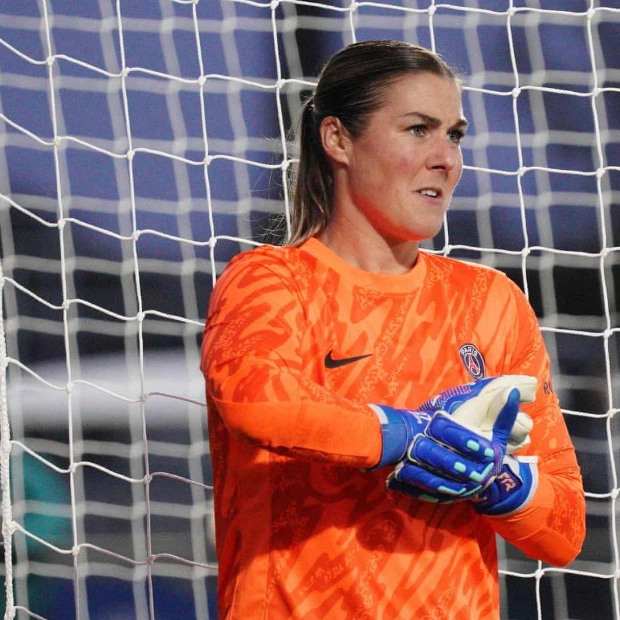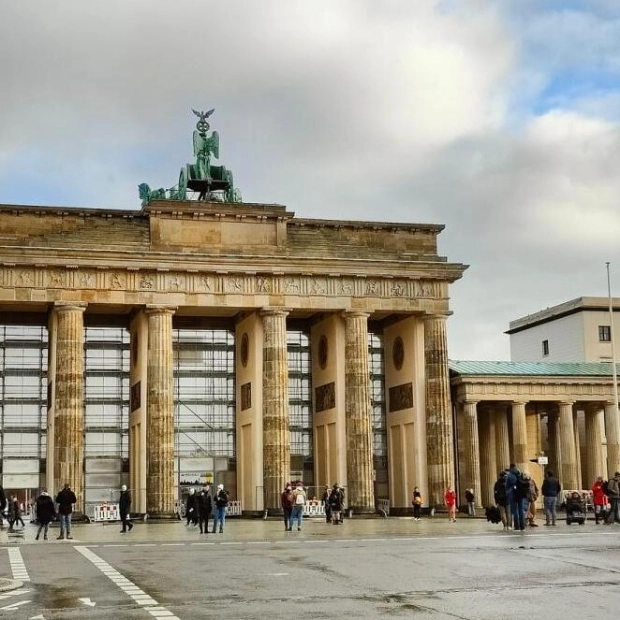The European Union has significantly reduced its planned additional tariff on Tesla electric vehicles imported from China, according to the bloc's executive body. This decision follows further investigations requested by Tesla. The European Commission has also revised its proposed punitive duties on imports of Chinese-made electric vehicles in its draft findings, marking the most high-profile EU investigation into alleged Chinese subsidies, which has elicited threats of retaliation from Beijing.
The new reduced extra rate for Tesla is set at 9%, down from the previously indicated 20.8% in July. The Commission stated that some Chinese companies in joint ventures with EU automakers may also benefit from lower planned punitive duties on Chinese-made EV imports. These tariffs are in addition to the EU's standard 10% duty on car imports, which the Commission claims is aimed at leveling the playing field and countering unfair subsidies.
Tesla had requested a recalculation of its rate based on the specific subsidies it received. The Commission verified that Tesla received fewer subsidies from the Chinese government compared to other Chinese EV makers under investigation. Despite this, the Commission still believes that Chinese EV production has benefited from extensive subsidies and has proposed duties of up to 36.3% on other companies, slightly lower than the initial planned maximum duty of 37.6% set in July for companies that did not cooperate with the EU's anti-subsidy investigation.
China's commerce ministry expressed firm opposition and high concern over the findings, vowing to take all necessary measures to protect Chinese firms. The draft findings were based on facts unilaterally determined by the EU side, not on mutually agreed-upon facts, according to the ministry. China hopes the EU will expedite the exploration of proper solutions in a rational and pragmatic manner and take practical actions to avoid escalating trade frictions.
Tesla, along with other companies, was classified as cooperating with the EU investigation. The Commission stated that three sampled companies would each receive slightly lower provisional duties than indicated in July. Chinese firms in joint ventures with EU producers may also be eligible for the lower duties planned for the Chinese companies in which they are integrated.
The planned tariffs could become the EU's final measure on Chinese-made EVs once the investigation concludes in about two months. Interested parties have until August 30 to submit their comments on the Commission's findings. The proposed final duties will be subject to a vote by the EU's 27 states and will be implemented unless a qualified majority of 15 EU members representing 65% of the EU population vote against.
